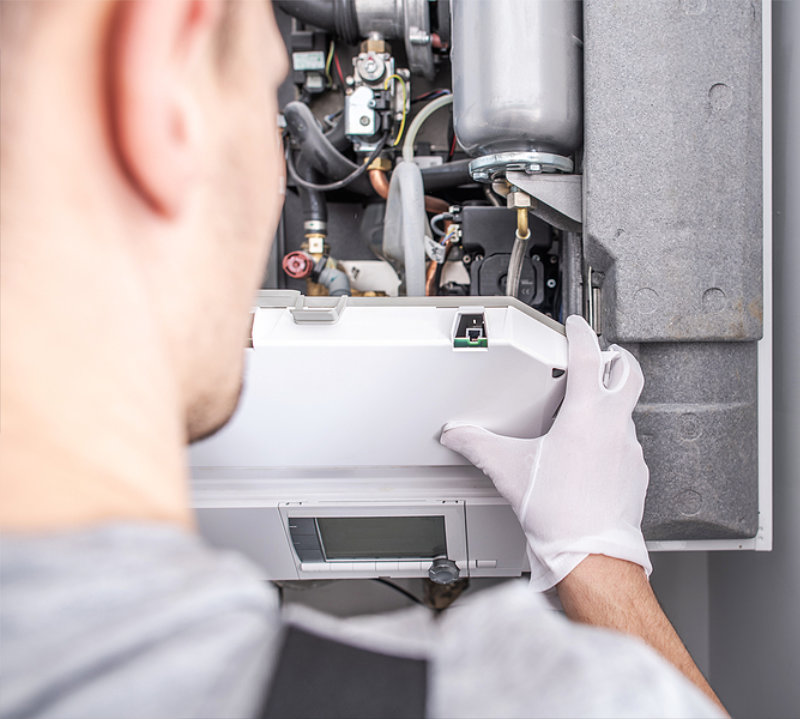
Find out when it's time to change your HEATING AND COOLING system and what to understand prior to you buy.
Whether you live in a warm or cold environment, it's constantly a great concept to take a look at your heating, ventilation and cooling (HVAC) system.
How do you know if you require a new system-- and what do you need to know before buying a new HVAC system to make affordable furnace service a wise purchase?
When to Change
You may need to replace your system if any of these indicators happen:
- You see a spike or upward pattern in your energy costs.
- You're paying for regular repairs.
- Your house isn't as comfortable as you would like it to be; perhaps it has hot spots or cold spots, is too dry or too humid, or has big temperature level swings.
- Your boiler, furnace or air conditioner is more than 12 years old.
Follow these general standards to estimate the lifespan of your system: Condensers and air handlers generally last 12 to 17 years; boilers generally last 15 to 25 years; and heaters can last 15 to twenty years.
Get in touch with somebody educated and trustworthy to help you comprehend whether you need to replace any part of your system. Most HEATING AND COOLING business use a no-cost evaluation of your current system and will go over choices.
What to Ask
To determine if you require a brand-new HVAC system, respond to the following concerns:
1) How crucial is energy performance to you?
There are a great deal of measurements for efficiency, and each system has its own type of measurement. It's constantly a safe bet to choose an ENERGY STAR-certified system.
2) What's the return on financial investment?
There's normally a seven-to-15-year payback duration for a brand-new condenser, air handler, boiler or heating system. Having these brand-new items will assist increase your house's resale worth.
3) What size system do I need?
Size is figured out with a load calculation. For example, the boiler calculation is based upon the number and size of radiators and baseboards. Cooling, heatpump and heater loads are based mainly on cubic video footage, however there are other factors, including the instructions your house deals with, insulation, and the size, type and number of windows you have. Needless to state, it gets made complex. HVAC professionals have software that can perform the estimation for you.
4) Are there other costs related to installation?
There could be included expenditures, if, for example, someone requires to upgrade their electrical panel to accommodate the Air Conditioning system. Also, consider if you want a humidifier or air cleanser-- a terrific concept if somebody in the home has allergies, asthma, dry skin or bloody noses.
5) What system is ideal for me?
This response depends upon your spending plan and the convenience you want. A higher-end system will be more effective, provide you more of even temperature levels throughout your house and have less humidity swings, Kenyon says.
You may likewise consider your return on financial investment. If you're going to be in your home for twenty years, you may want to spend more for a higher-end system.